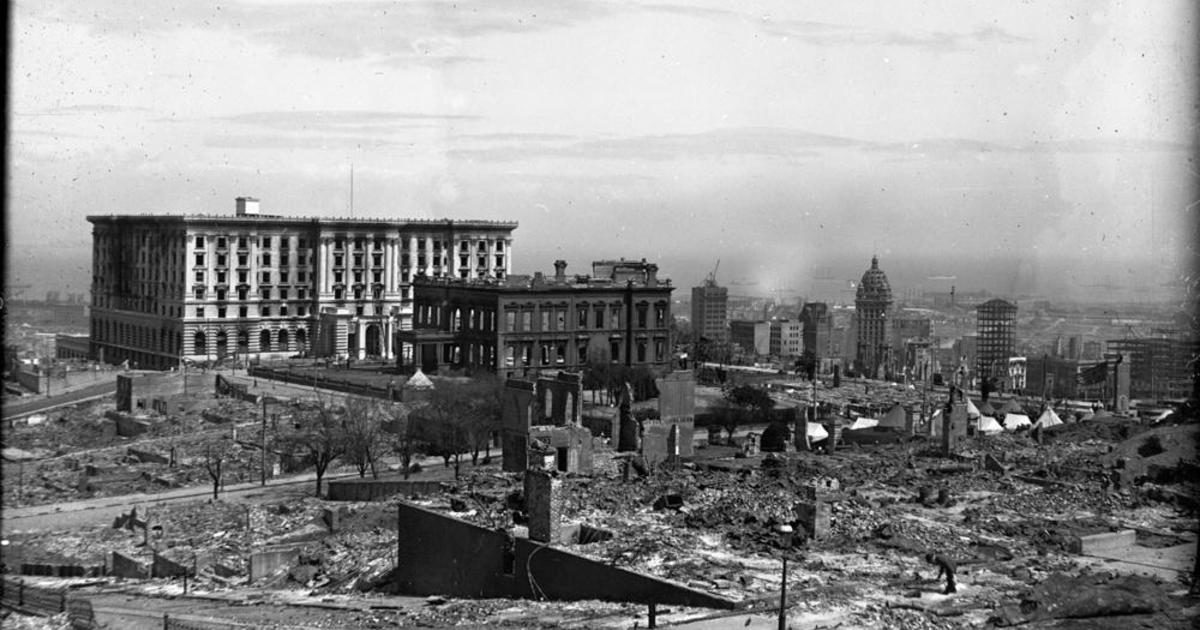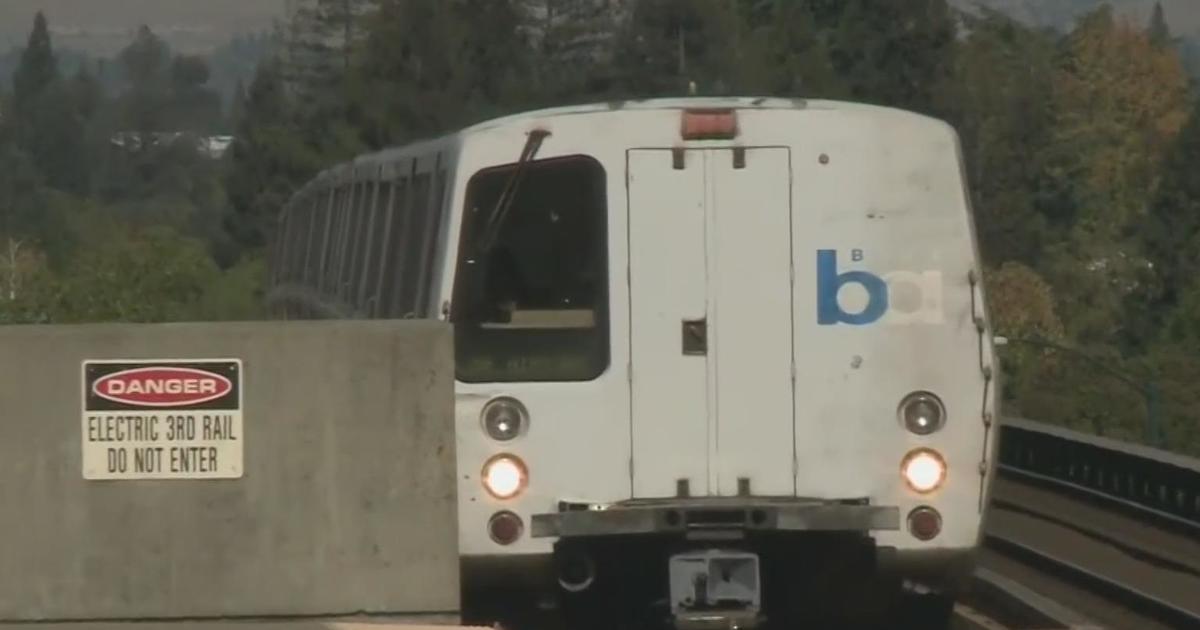BP Tests New Cap Over Gulf Oil Leak
NEW ORLEANS (AP) BP allayed last-minute government fears of making the disaster worse and began testing the new, tighter-fitting cap Wednesday that could finally choke off the oil leak in the Gulf of Mexico.
Retired Coast Guard Adm. Thad Allen, the Obama administration's point man on the disaster, said the government gave the go-ahead after carefully reviewing the risks.
"What we didn't want to do is compound that problem by making an irreversible mistake," he said at the end of a 24-hour roller-coaster of hopes raised, hopes dashed and hopes raised again along the Gulf Coast.
The cap _ a 75-ton metal stack of pipes and valves _ was lowered onto the well on Monday in hopes of either bottling up the oil inside the well machinery, or capturing it and funneling it to the surface.
But before BP could test the equipment, the government intervened because of second thoughts about whether the buildup of pressure from the gushing oil could rupture the walls of the well and make the leak worse.
"We sat long and hard about delaying the tests," Allen said. He said that the pause was necessary in the interest of the public, the environment and safety, and that officials were convinced the test could go forward.
The test began with BP shutting off pipes that were funneling some of the oil to ships on the surface so the full force of the gusher went up into the cap.
Then deep-sea robots began slowly closing, one at a time, three openings in the cap that let oil pass through. Ultimately, the flow of crude will be blocked entirely.
All along, engineers will be watching pressure readings to learn whether the well is intact.
Allen said BP will monitor the results every six hours and end the test after 48 hours to evaluate the findings.
White House spokesman Robert Gibbs said the government acted "out of an abundance of caution to do no harm," and added that he did not consider the delay to be "some giant setback."
As of Wednesday, the 85th day of the disaster, between 92 million and 182 million gallons of oil had spewed into the Gulf since the Deepwater Horizon rig leased by BP exploded April 20, killing 11 workers.



